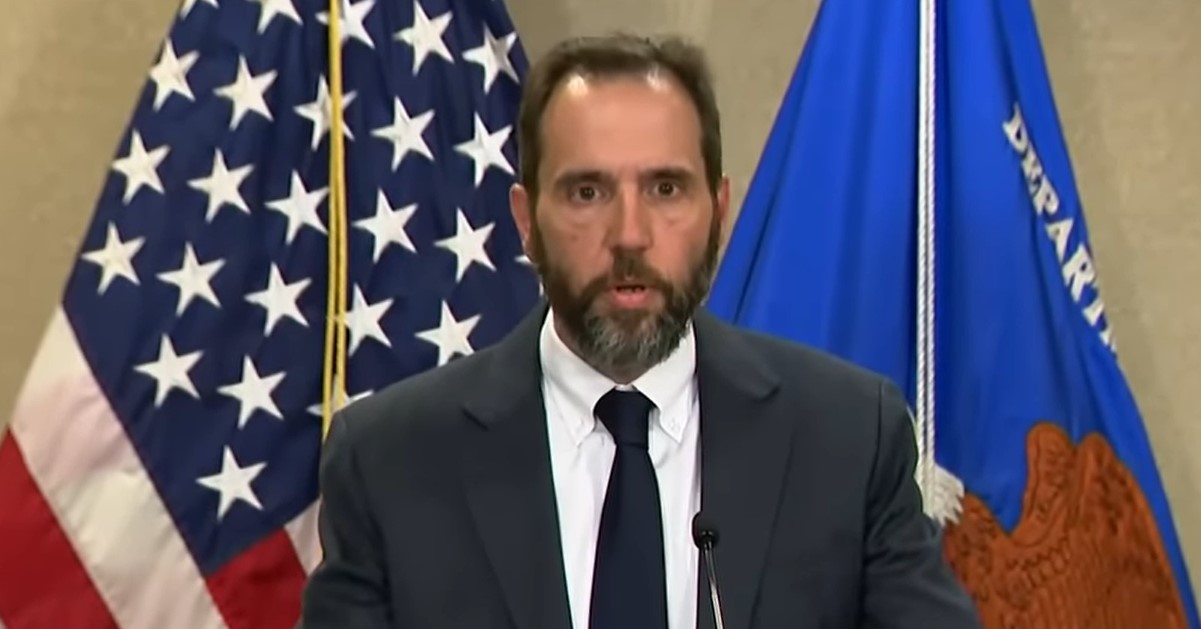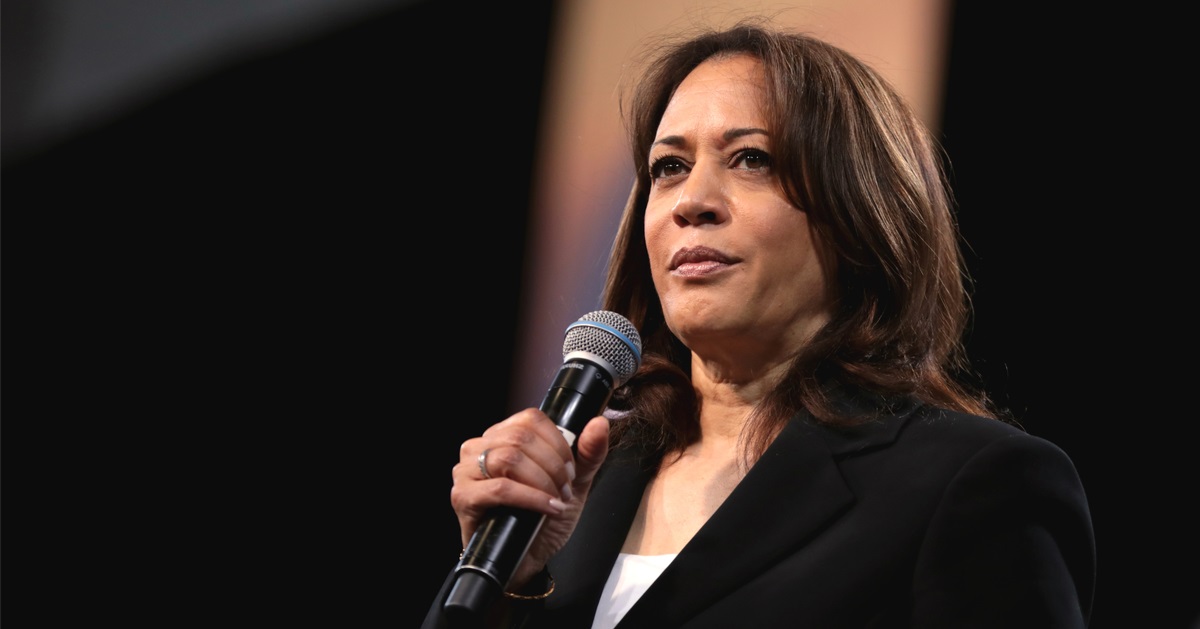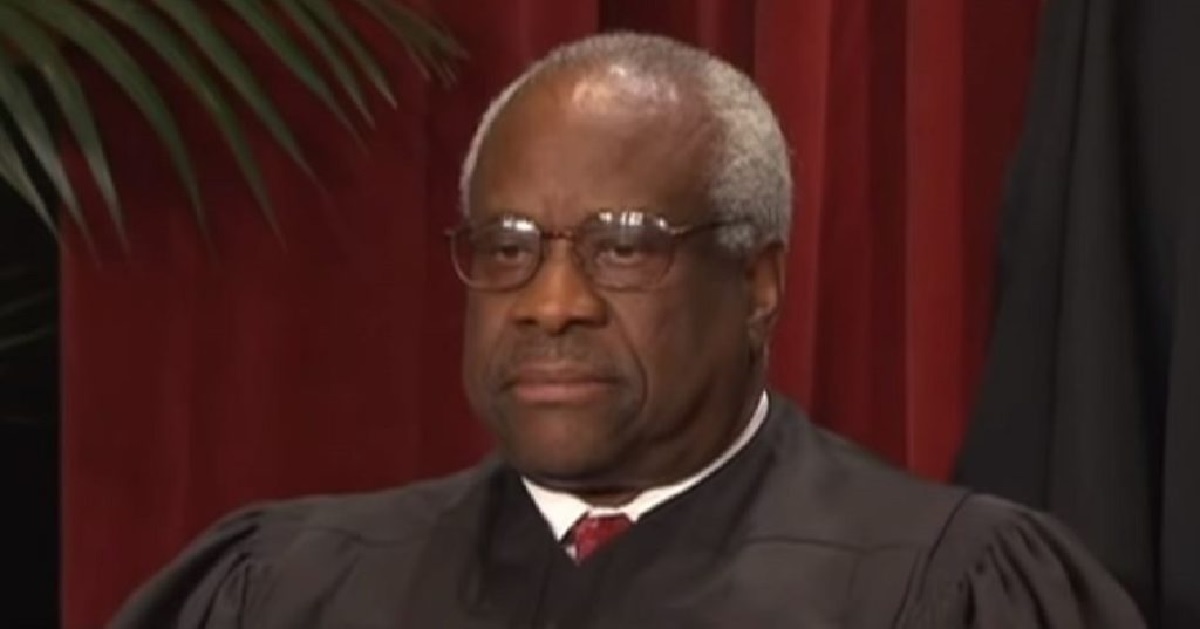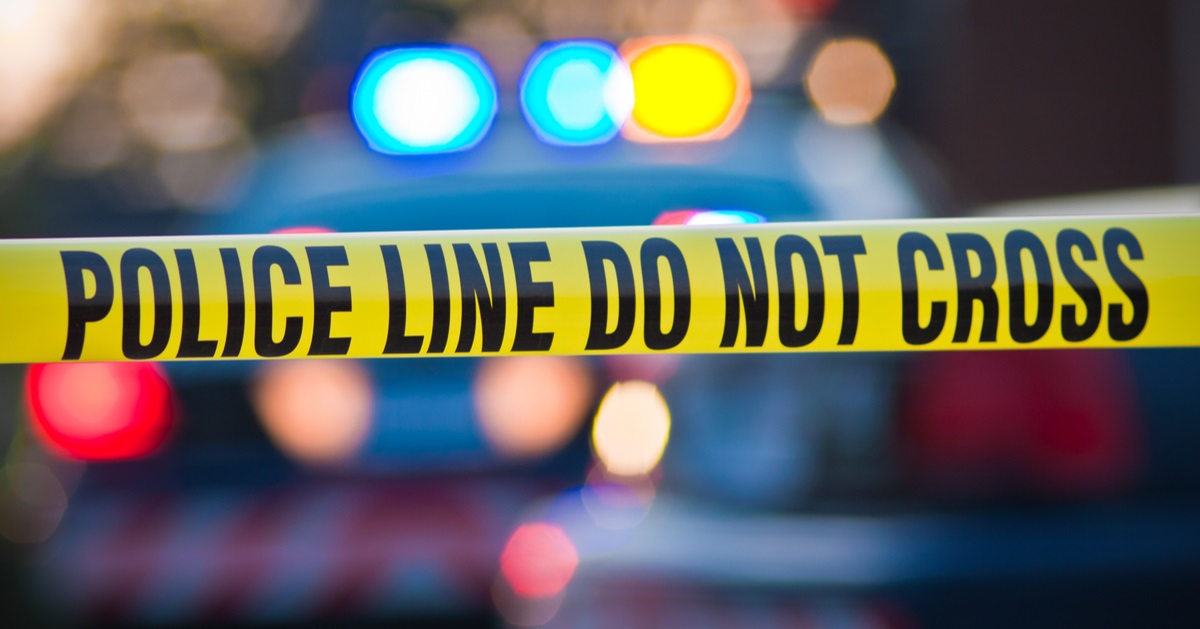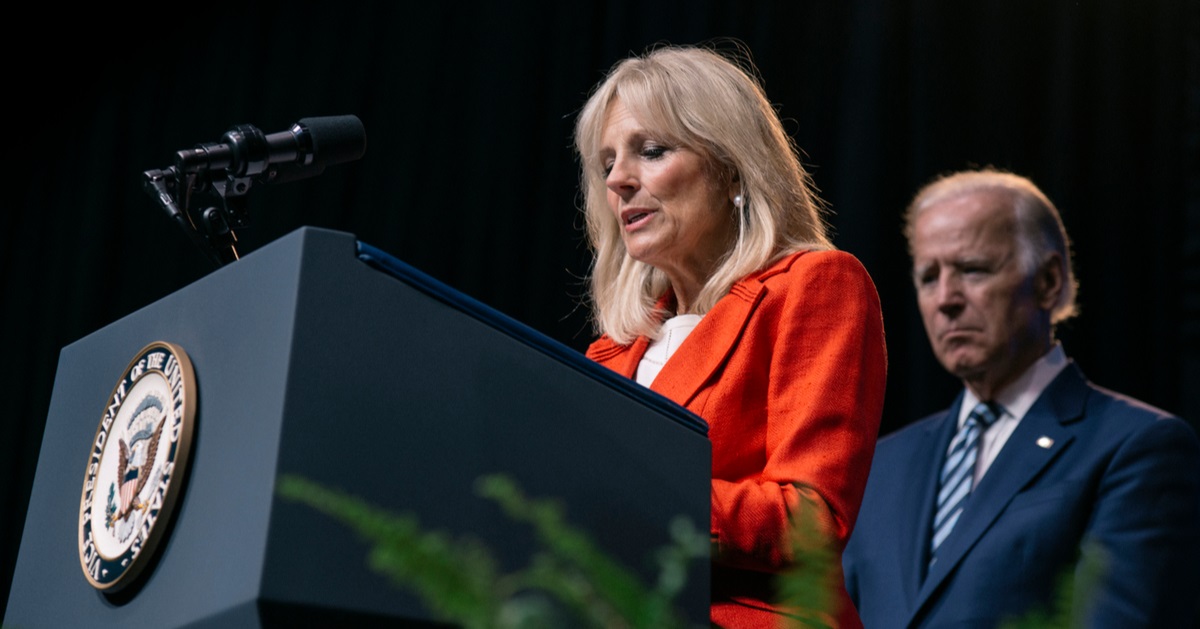Two Supreme Court rulings will impact Jack Smith's prosecution of Trump
In a case known as Joseph Fischer v. United States, the Supreme Court ruled on a law that has been used against hundreds of January 6 defendants, including former President Donald Trump.
While some observers doubt the ruling will result in Trump's charges being dismissed, another Supreme Court ruling will make Special Counsel Jack Smith's job more difficult.
Supreme Court narrows application of law
As Newsweek noted, Joseph Fischer is a former Pennsylvania law enforcement officer who went into the Capitol on January 6, 2020.
Fischer was charged with obstruction of an official proceeding under a law passed two decades ago after the Enron financial scandal.
The defendant argued that his conduct was not the sort that lawmakers intended to cover, a position with which six of the Supreme Court justices agreed, stating that obstruction of an official proceeding charges can only brought against those who sought to steal or destroy documents.
Newsweek cited Nixon-era White House counsel John Dean, who told CNN's Brianna Keilar that it is "very unlikely" that Trump's charges will be dismissed.
However, last week's ruling wasn't the only potential monkey wrench that the Supreme Court has dealt to Smith's prosecution efforts.
President enjoys immunity for official acts
As CBS News reported, America's highest judicial body ruled on Monday that former presidents enjoy a substantial degree of legal immunity for official acts taken while in office.
"We conclude that under our constitutional structure of separated powers, the nature of Presidential power requires that a former President have some immunity from criminal prosecution for official acts during his tenure in office," Chief Justice John Roberts wrote for the majority.
"At least with respect to the President's exercise of his core constitutional powers, this immunity must be absolute," the chief justice declared.
In addition to action related to "core constitutional powers," Roberts went on to address other official acts that are outside of a president's "exclusive authority" as well as "unofficial acts."
Trump's Washington, D.C. trial will be further delayed
Actions which are unofficial in nature enjoy no immunity from criminal prosecution while those which are outside the president's exclusive authority have "presumptive" immunity.
CBS News noted that Monday's decision "makes it highly unlikely that a trial will happen before the November presidential election."
This is due to the fact that the Washington, D.C. district court where Trump's trial is playing out will have to determine whether the allegations put forward in Smith's indictment are precluded by presidential immunity.

